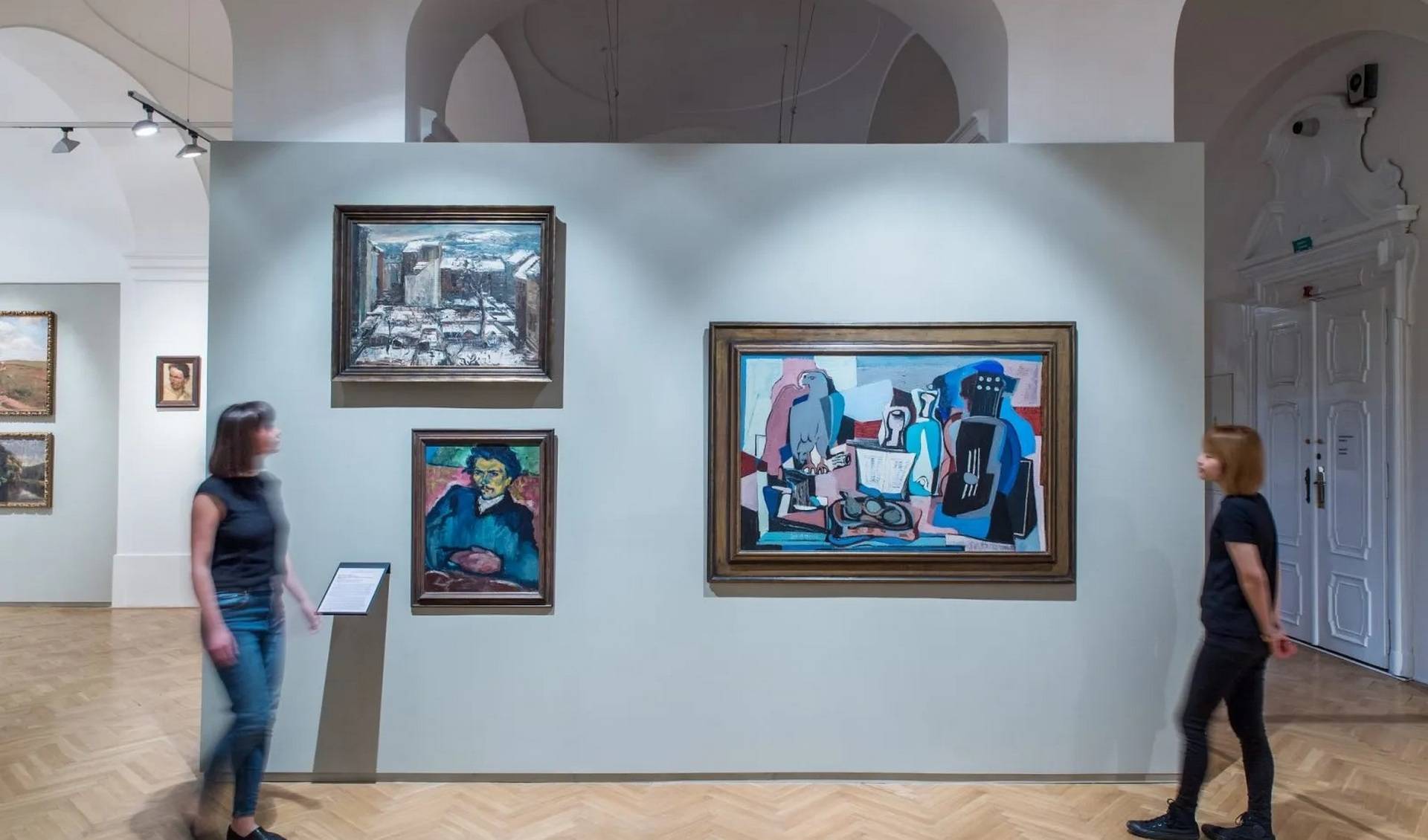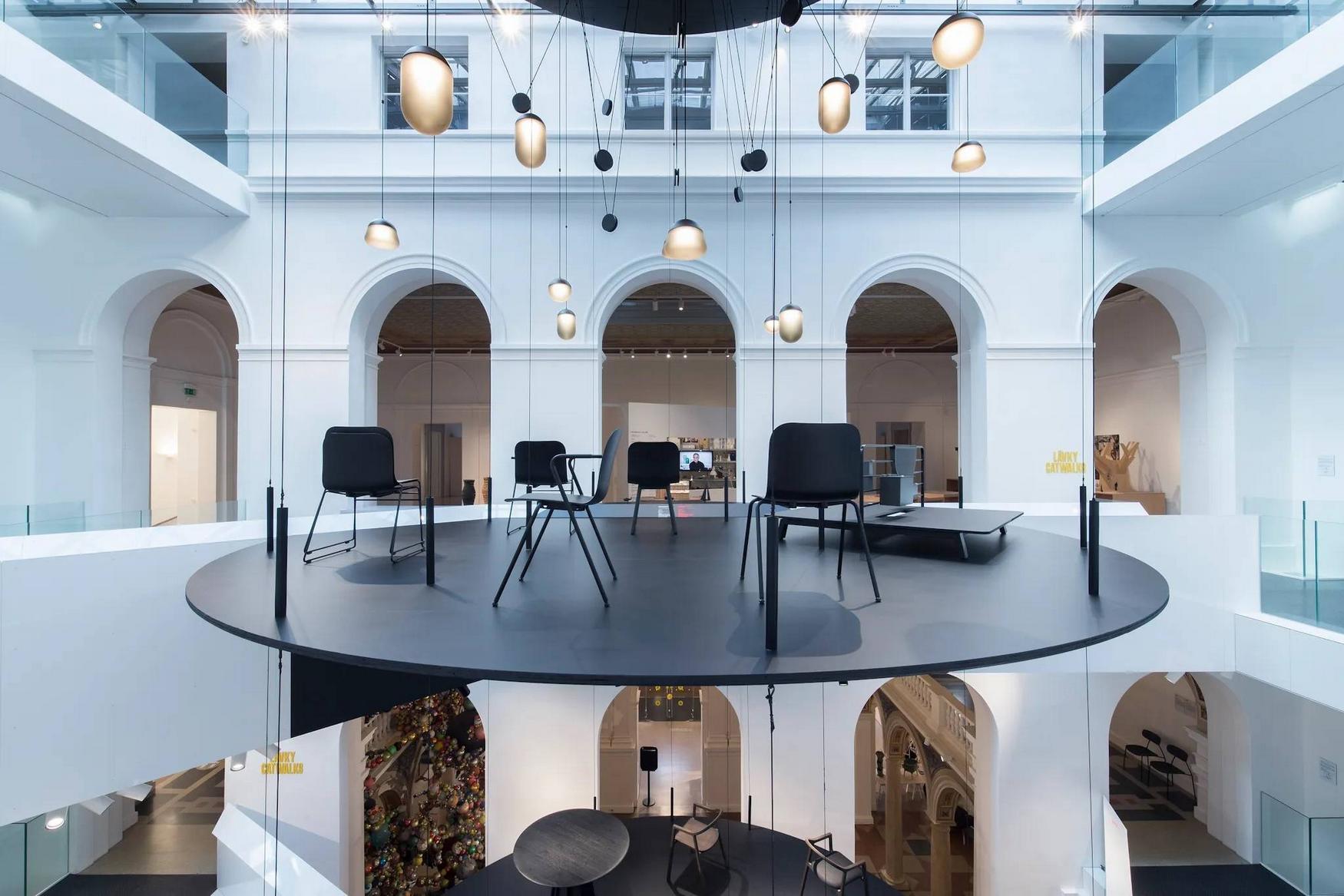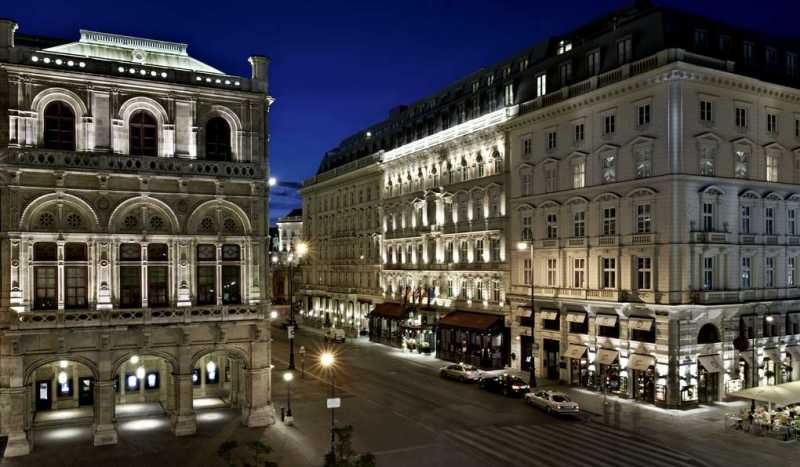- Here is Why Your Kids Will Find it Interesting
- History and Background
- Collection Highlights
- Permanent Exhibitions
- Temporary Exhibitions and Events
- Educational Programs and Activities
- Visitor Information
- Branches of the Moravian Gallery
- How Long Does It Take to Attend?
- Best Time to Visit
- Is Moravian Gallery Worth Visiting?
Exploring the enrichment of culture and art in the Czech Republic inevitably leads to the dynamic city of Brno, where families journeying together can discover a world-class treasure — the Moravian Gallery (Moravská Galerie). This prestigious institution holds the distinction of being the second-largest art museum in the nation. It comprises a collection of distinguished buildings, each with its own character and historical significance, weaving a tapestry of art that spans epochs and styles. It offers an engaging visual narrative that can captivate adults and spark children's imaginations.
At the Moravian Gallery, visitors of all ages are guided through an artistic realm that includes the opulent interiors of the Governor's Palace and the thought-provoking designs within the Museum of Applied Arts. It's a place where the timeless beauty of Josef Hoffmann's architectural contributions comes to life, providing an educational and intriguing environment for parents seeking cultural enrichment for their young ones. This gallery reached an exceptional milestone in 1961 when it emerged from the melding of earlier establishments and continues to hold an essential place in the Czech Republic's cultural landscape.
Contents
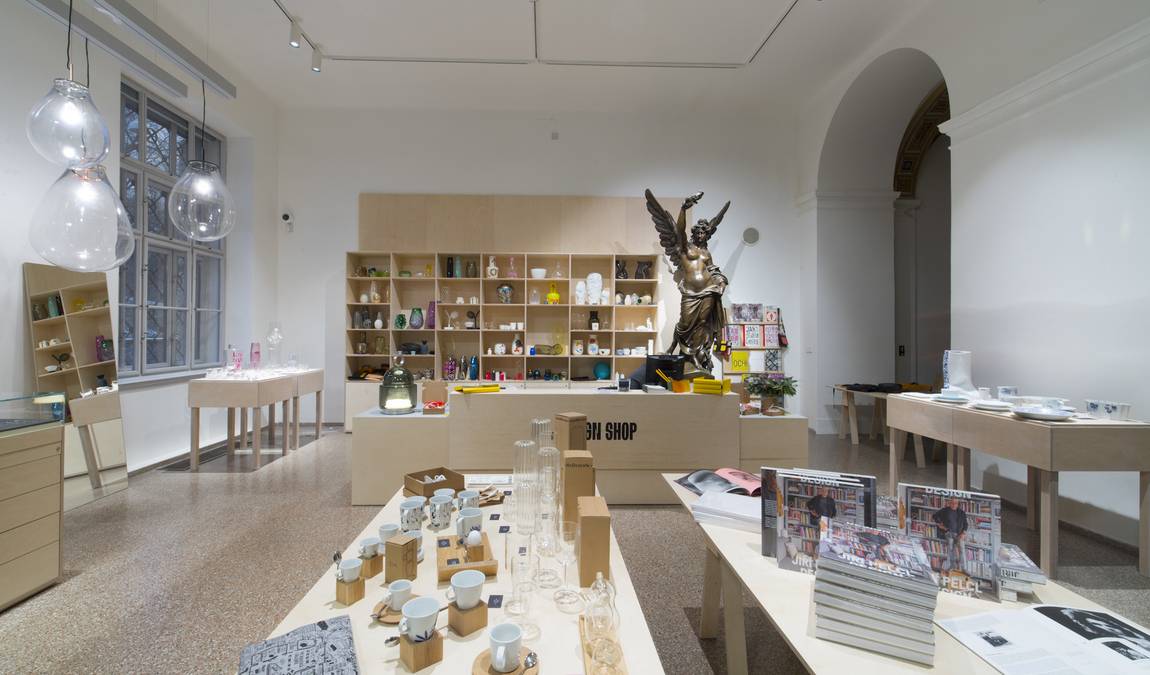 Photo: moravska-galerie.cz
Photo: moravska-galerie.cz
Visiting this gallery is more than a walk through halls adorned with fine art — it's an immersive experience. One of its crowning jewels is the Pražák Palace. For families planning a trip to Brno, the Moravian Gallery offers a unique opportunity to enjoy and appreciate art together, creating lasting memories and inspiring the next generation of art enthusiasts.
Here is Why Your Kids Will Find it Interesting
Moravian Gallery is fascinating for children who harbor curiosity for the arts and history. Set in the charming city of Brno, this cultural landmark offers an interactive and educational experience perfect for young minds. The gallery provides a unique opportunity to engage with the arts, from hands-on activities to visually captivating exhibits.
1. Diverse Collection: The gallery is known for its eclectic collection, from medieval to contemporary art. Vibrant paintings, sculptures, and graphic designs are excellent visual stimulants for children. They can trace the evolution of art and develop an appreciation for various artistic periods.
2. Engaging Exhibits: Specifically tailored to younger audiences, some exhibitions cater to their sense of wonder and playfulness. Children of all ages — especially those between eight and sixteen — find these innovative displays especially intriguing.
3. Educational Programs: Various educational programs and workshops are designed to enlighten children about art and culture. Through age-appropriate activities, the gallery successfully makes learning about art fun and informative.
Moravian Gallery is worth visiting with kids to instill a lifelong interest in the arts. They learn that creativity is not just about looking but about engaging and creating. It's not every day that a gallery opens up in such an accessible way, embracing the youthful zeal of its younger visitors while offering a wealth of knowledge and experiences.
History and Background
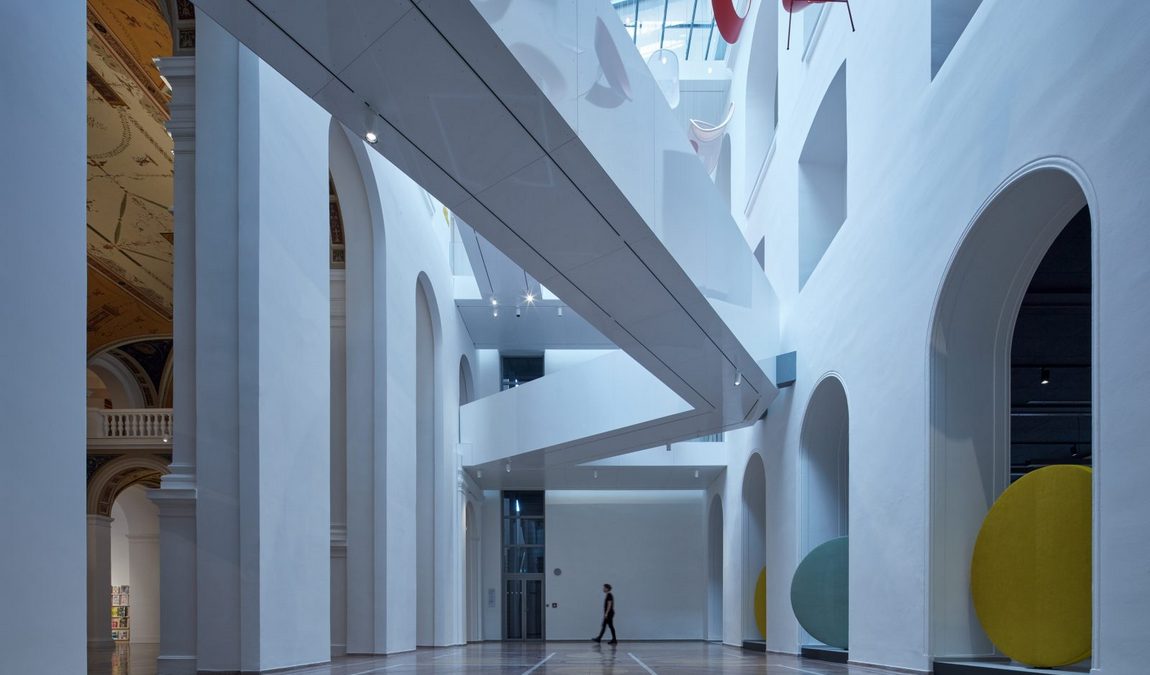 Photo: moravska-galerie.cz
Photo: moravska-galerie.cz
The rich tapestry of the Moravian Gallery in Brno's history is as captivating as the collections it houses. From imperial beginnings to its current status as a cultural beacon, this gallery has been an integral part of Brno's artistic landscape.
Founding of the Moravian Gallery
The Moravian Gallery is a symbol of cultural pride and the second-largest art museum in the Czech Republic. Its inception dates back to 1818, an era marked by the enlightened reforms of Emperor Joseph II. Originally named Františkovo Muzeum (the Francis Museum), it embodied the spirit of progress and the promotion of arts under Joseph II's influence. Since its inception, the gallery housed a picture gallery and has expanded its activities to encompass a wide range of artistic forms, including traditional fine arts, photography, applied arts, graphic design, and architecture.
Visitors today can appreciate the Gallery's expansive history, which began with a substantial collection of pictures and has evolved into a multifaceted institution.
Important Milestones
Throughout its storied history, the Gallery has reached significant milestones that recount its growth and development. Key moments include:
- 1961: The formal establishment of the Moravian Gallery as it is known today, arising from the amalgamation of the Museum of Applied Arts and the Picture Gallery of Brno.
- The International Biennial of Graphic Design: Starting in 1963, the Moravian Gallery proudly organized this prestigious event, celebrated for fostering global artistic dialogue. Such milestones paint a picture of a facility that is more than just halls filled with art. This historic institution has played an influential role in the cultural dialogue of the Czech Republic and the international community. Families with young art enthusiasts find the gallery's evolution engaging and educational.
Collection Highlights
The Moravian Gallery in Brno prides itself on diverse artistic treasures, ranking it the second-largest art museum in the Czech Republic. With its vast collections ranging from historical artworks to contemporary pieces, the gallery's exhibitions are designed to captivate art enthusiasts of all ages.
Picture Gallery
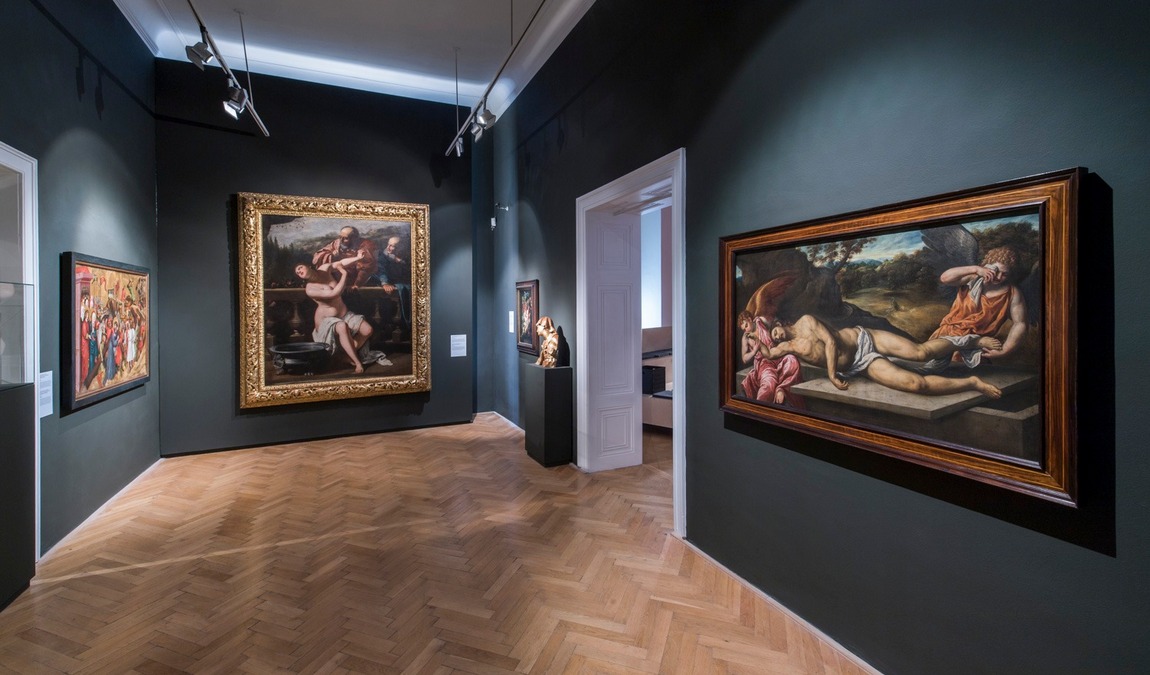 Photo: facebook.com/moravskagalerievbrne
Photo: facebook.com/moravskagalerievbrne
Collections of antique art and 19th-century art have been continuously enriched since 1917 within the František Picture Gallery, later the Moravian Regional Museum in Brno. Peter Paul Rubens' painting "The Head of Medusa" is among the oldest and most valuable acquisitions. In the 1930s and 1940s, a unique collection of medieval monuments was assembled during the tenure of the renowned European medievalist Albert Kutal, including the Master of the Rajhrad Altar's work.
Notable works from the early modern period include a valuable set of late Baroque pieces from the Vienna Academy circle, such as Franz Anton Maulbertsch, Joseph Winterhalder the Younger, and Ondřej Schweigl.
The 19th-century collection also reflects proximity to Vienna, featuring leading artists of the period who worked in Bohemia and Moravia, including Antonín Máček, Joseph Führich, Joseph Manes, Julius Mařák, Antonín Chittussi, Antonín Slavíček, Joža Uprka, and Alois Kalvoda, alongside outstanding works by Viennese artists such as Friedrich von Amerling, Ferdinand Georg Waldmüller, and Hans Makart.
Modern and Contemporary Art
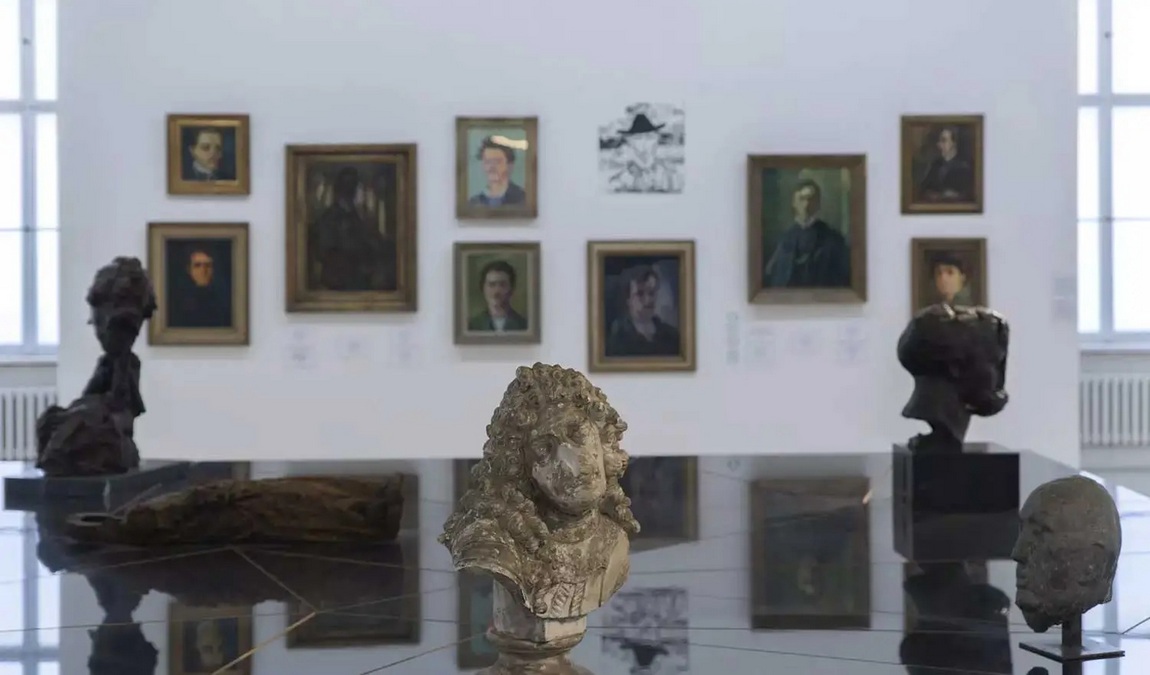 Photo: moravska-galerie.cz
Photo: moravska-galerie.cz
These collections began at the works' inception in the early 20th century. The museum's first director, Jaroslav Helfert, began acquiring Czech modernism systematically. While primarily a connoisseur of Gothic art, Albert Kutal also contributed to the formation of modern Czech art in the late 1920s to early 1930s.
Significant additions from this period include Antonín Procházka's "Players and Prometheus" and works by Emil Filla, Josef Šíma, and Jaroslav Král. The most significant expansion of the collection occurred after 1945, with exhibits first displayed as part of a permanent exhibition in 1970. The interwar avant-garde is represented by works of Czech poeticism, artificialism, and pronounced expressiveness. The 1940s are marked by works dedicated to the war, the artistic output of the "Group 42" and "Ra Group" artists.
Works of Mikuláš Medek, Robert Piesen, Josef Istler, and others represent the trend of Czech informal art. Artistic trends of the second half of the 20th century are exemplified by works of Adriena Šimotová, Jiří John, Václav Boštík, Jiří Kolář, Michael Rittstein, as well as Brno artists Dalibor Chatrný, Miroslav Štolf, and others.
The Jiri Valoch Archive and Collection
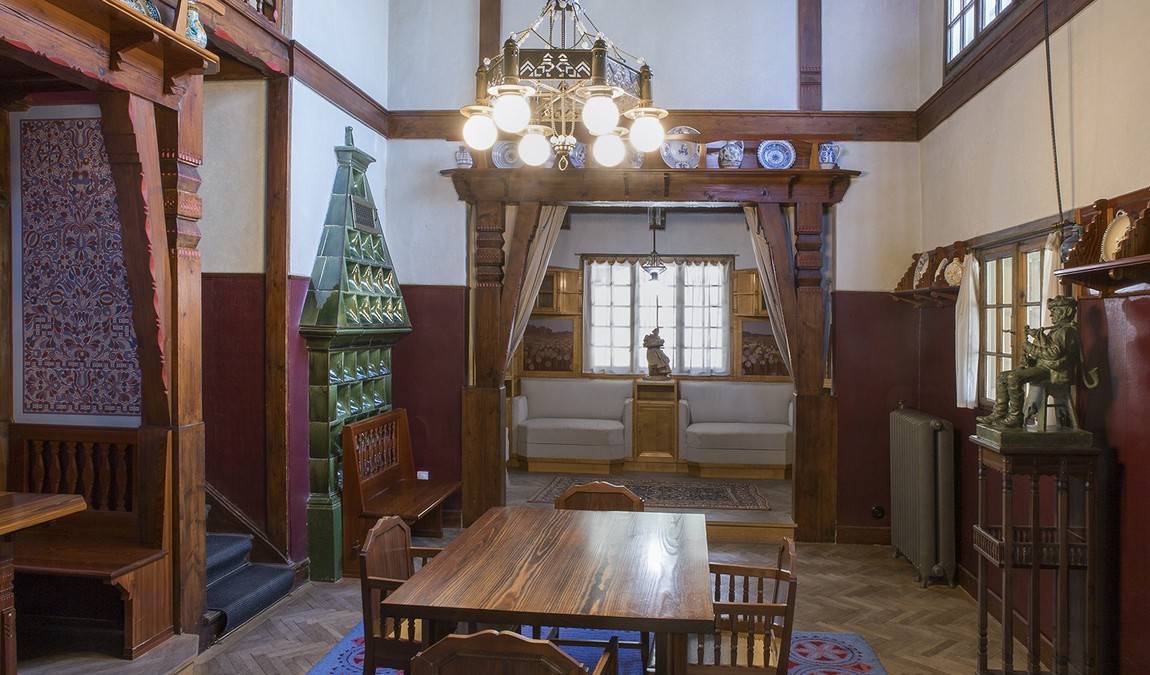 Photo: moravska-galerie.cz
Photo: moravska-galerie.cz
The Jiří Valoch Collection is currently presented in its most comprehensive form as part of the permanent exhibition ART HERE: New Art, which aims to showcase the local art scene with its international intersections and connections. The collection primarily focuses on artistic trends that emerged on the Czech and international stages from the early 1960s onwards.
Several works included in the collection are associated with Valoch's curatorial activities at the Brno House of Arts, where he worked from the mid-1960s until 2002. The collection predominantly consists of artistic materials documenting the history of temporary manifestations, retrospectively reported in photographic or textual form.
For instance, the German author Joseph Beuys represents the "Invisible Sculpture" concept with a signed postcard. Alongside the Moravian Gallery in Brno, the archive has also taken on the responsibility of preserving and making available materials related to Valoch's artistic and curatorial work, providing a comprehensive view of Brno's conceptually oriented art scene.
Graphic Design Collection
In 1961, following the merger of the Museum of Applied Arts and the Gallery of the Moravian Museum and the establishment of the Moravian Gallery, a separate collection of former graphic materials, primarily consisting of poster collections previously part of the library's holdings, was formed within the framework of the artistic and industrial collections. After adopting a new structural concept in 2001, a separate graphic design department was established within the Moravian Gallery in Brno. Currently, the collection focuses on Czech and international posters and graphic design.
Sculpture and Decorative Arts
In the three-dimensional realm, the Sculpture and Decorative Arts collection offers visitors a tactile encounter with art history. Among miscellaneous ornate pieces, one can find works that capture the imagination and transport the viewer to different eras and styles. This section includes everything from intricate ceramics and fine jewelry to grand-scale sculptures.
Permanent Exhibitions
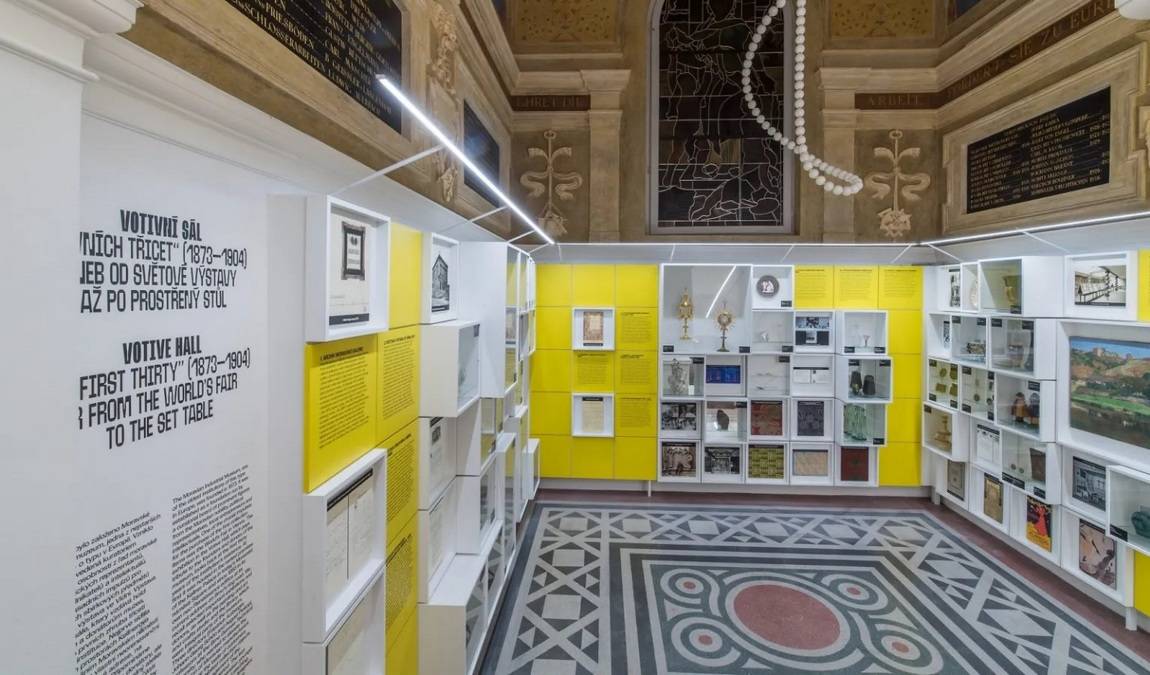 Photo: moravska-galerie.cz
Photo: moravska-galerie.cz
The Moravian Gallery in Brno proudly showcases an impressive Czech and international art collection across various media. Visitors of all ages can explore diverse artworks that narrate the story of cultural heritage through the lenses of design, applied arts, and architectural endeavors.
Museum of Applied Arts
The Museum of Applied Arts section invites guests into a world where function meets beauty. This part of the gallery features a wide array of historical and contemporary objects, including ceramics, glass, textiles, and furniture, each providing insight into the richness of applied arts.
Art of Design and Applied Art
A journey through the Art of Design and Applied Art offers an exploration of the creative process from conception to realization. It highlights seminal works from prominent designers and showcases how aesthetic value intersects with usability in objects used in daily life.
Photography Collection
The collection was founded in 1962 and is one of the oldest European art photography collections in art museums. It holds around 35,000 positives using all known photographic techniques and covers the medium's history in the former Czechoslovakia and Austria-Hungary territories.
During its 60-year history, the collection presented its holdings in hundreds of exhibitions at home and abroad and created unique convolutes of photographs, of which mainly pictorial photographs and avant-garde photographs from the period between the two world wars were placed in an international context. The collectibles are kept in an underground, climate-controlled depository.
Since the turn of the millennium, the collection has also been devoted to collecting video productions and taking over, processing, and presenting the remains of critical domestic photographers (Jan Svoboda, Dagmar Hochová, Jiří Jeníček, etc.). As part of this activity, the author's archives of negatives, the volume of which is estimated to be more than half a million image frames, entered the collection.
Temporary Exhibitions and Events
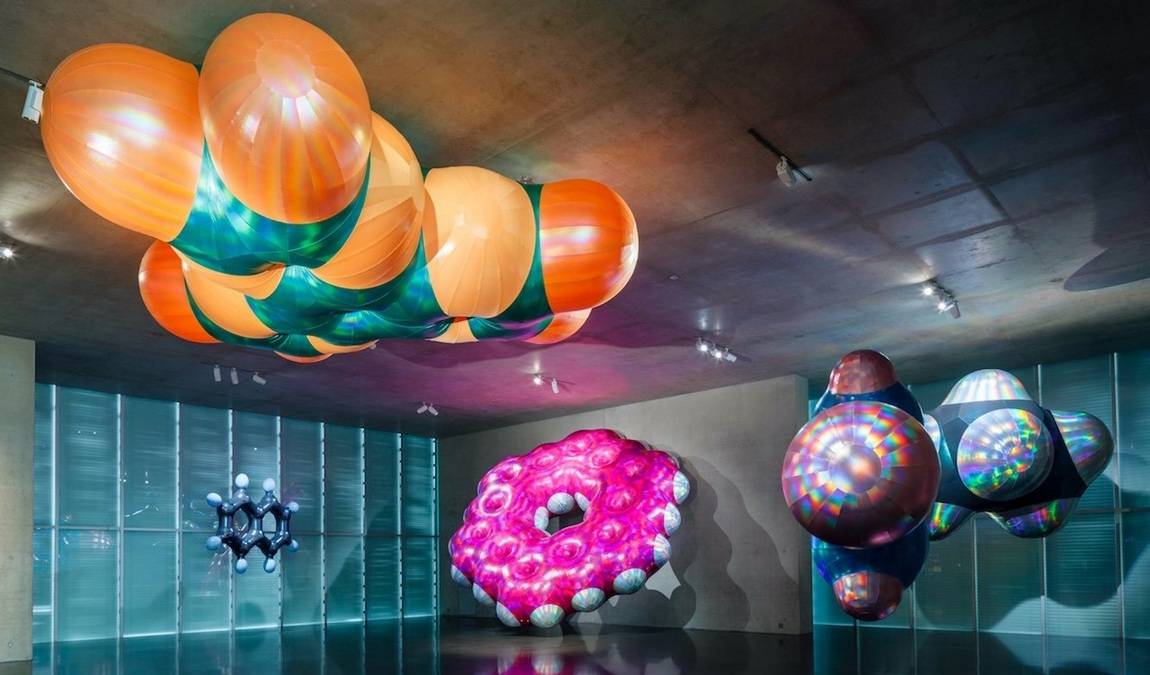 Photo: moravska-galerie.cz
Photo: moravska-galerie.cz
The Moravian Gallery in Brno constantly invigorates its space with a vibrant array of temporary exhibitions and events celebrating media and graphic design. Here, families can dive into a visual feast that spans from historical influences to contemporary trends in art. Each season brings a new theme to life, with temporary displays that transform the gallery into a dynamic exhibition space. Visitors encounter diverse media, from classic to modern art forms, ensuring inspiring visits filled with discoveries for adults and children alike.
International Biennial of Graphic Design
This prestigious event, first held in 1963, secures Brno's place on the global art scene and is a cornerstone of the Moravian Gallery's calendar. The Biennial showcases a fascinating confluence of innovation and tradition in graphic design, inviting families to explore cutting-edge works and creative progress within the industry.
300 meters away from the gallery is the Papilonia Brno butterfly exhibition, which will definitely interest your children.
Educational Programs and Activities
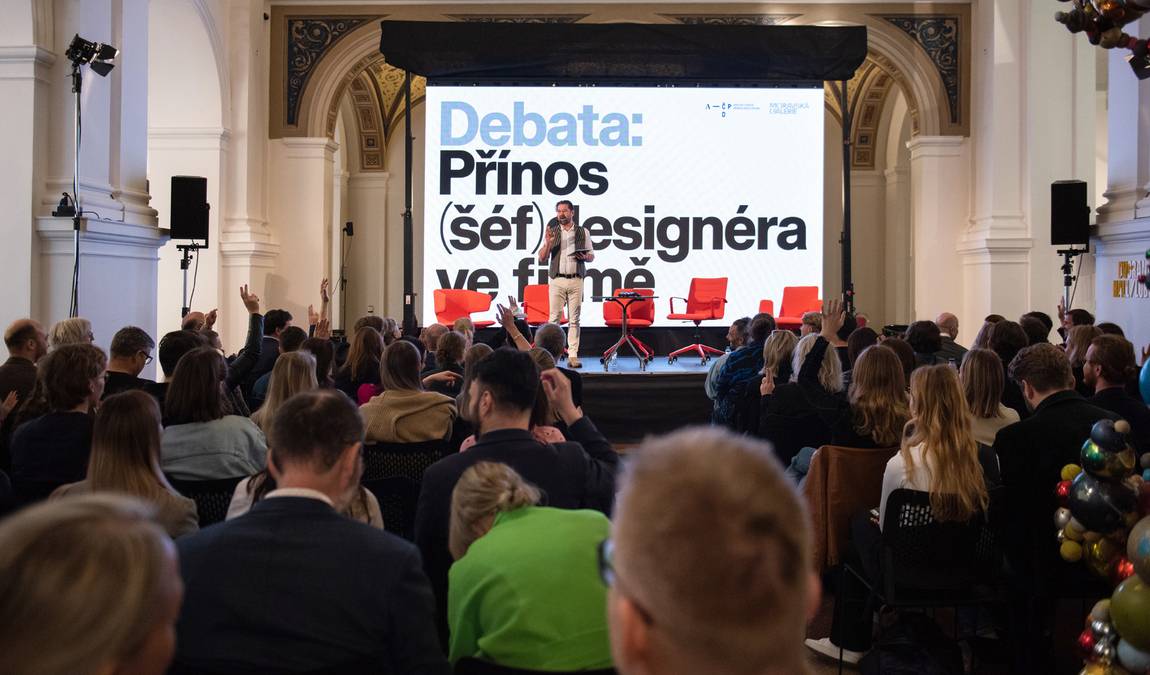 Photo: facebook.com/moravskagalerievbrne
Photo: facebook.com/moravskagalerievbrne
The Moravian Gallery in Brno actively fosters an appreciation for art within the community through different educational offerings. Designed to engage visitors of all ages, the gallery's programs emphasize hands-on experiences and interactive learning.
Workshops and Lectures
Workshops at the Moravian Gallery are carefully crafted to encourage creativity in children and adults alike. These sessions often revolve around the current exhibitions, providing a tactile understanding of the displayed themes and techniques. Lectures, on the other hand, offer in-depth insights into featured artists' works, historical art movements, and cultural impacts, enriching attendees' knowledge.
- Children-focused Workshops:
- Thematic art projects
- Tailored sessions during school holidays
- Lectures for Adults:
- Artist retrospectives
- Discussions facilitated by art historians
Outreach and Community Events
The gallery extends beyond its walls with its outreach programs, establishing a presence in the community. These events aim to spark conversations about art in various public spaces, inviting families to participate in a collective art experience. The community events vary in size and scope, accommodating a range of interests and group dynamics.
- Family Days:
- Interactive tours for parents and children
- Craft activities themed around exhibitions
- Community Collaborations:
- Pop-up art installations in local neighborhoods
- Collaborative murals involving local schools and organizations
Visitor Information
Café and Amenities
Visitors to the Moravian Gallery can enjoy a moment of relaxation at the Gallery's café. This welcoming space is a perfect spot to discuss the art, plan the next steps of the museum journey, or savor a cup of coffee while the children enjoy a sweet treat. To combine culture with culinary delights, the café often offers tastes that complement the current exhibits.
In addition to the café, the gallery provides convenient amenities such as stroller accessibility and clean restroom facilities, ensuring that families can navigate the space comfortably and spend a day appreciating art without worry.
Branches of the Moravian Gallery
Visitors to the Moravian Gallery in Brno can experience a diverse collection of art spread across several historical buildings, each offering a unique glimpse into various art forms and periods.
Pražák Palace
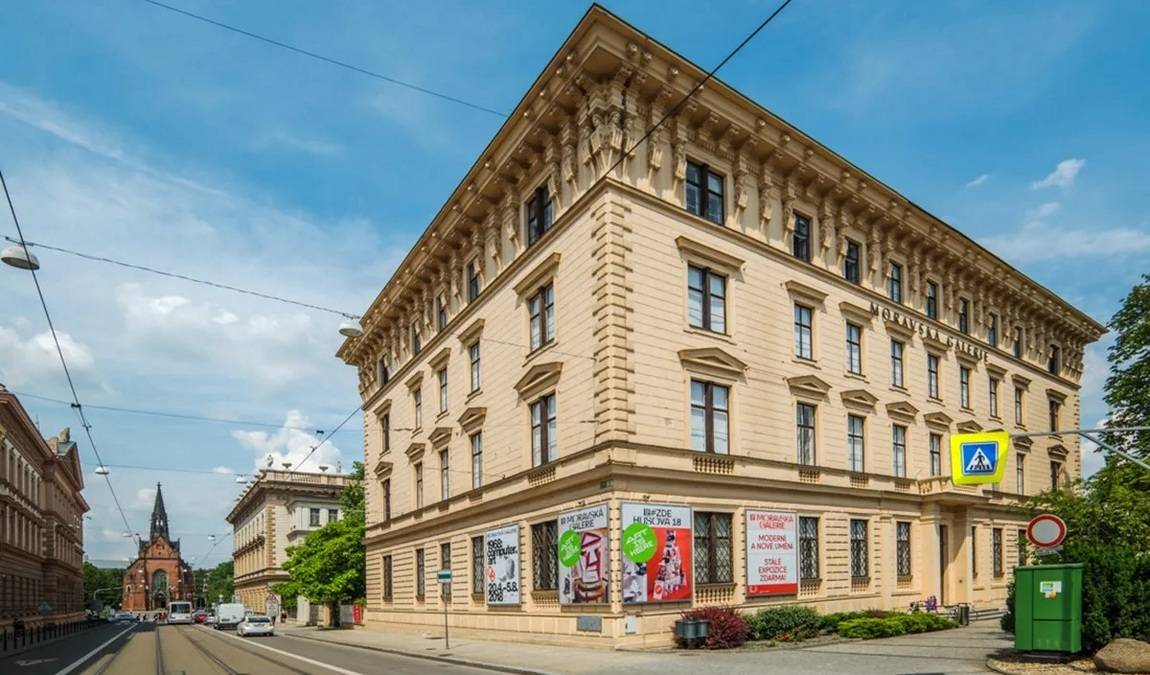 Photo: moravska-galerie.cz
Photo: moravska-galerie.cz
Pražák Palace (Pražákův palác), serving as one of the key buildings, showcases a fine collection of modern and contemporary art. Known for its attention to Czech art, the palace provides a platform for contemporary artistic expressions that resonate with families and young art enthusiasts alike.
Jurkovič House
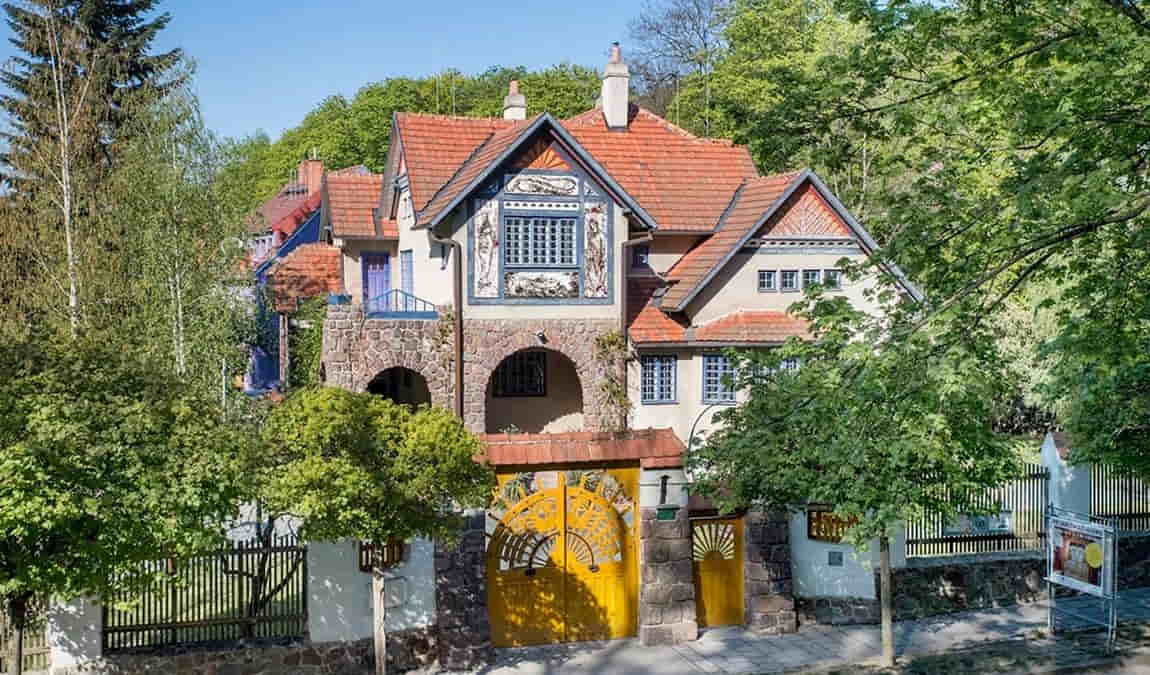 Photo: moravska-galerie.cz
Photo: moravska-galerie.cz
Jurkovič House is a true testament to Art Nouveau architecture. Designed by the renowned architect Dušan Jurkovič, this house-turned-museum allows visitors to enter an authentic domestic setting decorated with original furnishings, providing a unique cultural experience that captures the era's essence.
Josef Hoffmann Museum
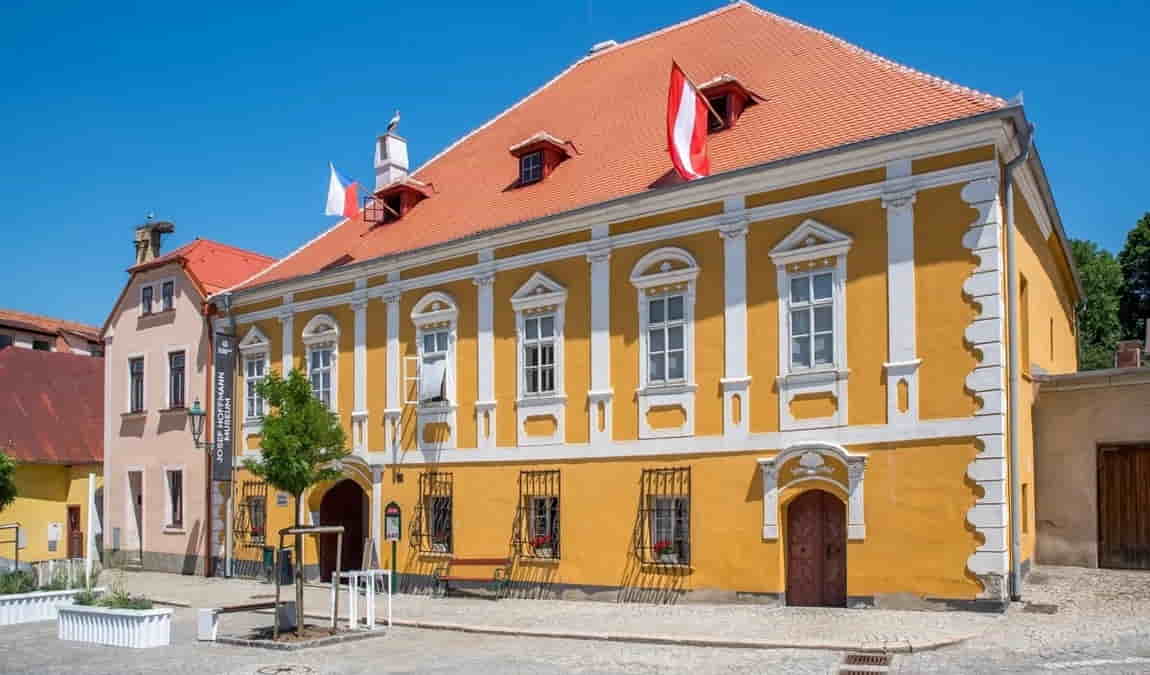
Photo: moravska-galerie.cz
The Josef Hoffmann Museum is dedicated to the works of Josef Hoffmann, a co-founder of the Wiener Werkstätte. His innovative designs and collaborative works are on display here, offering insight into the progression of modernism in design and decorative arts, which holds particular appeal for families exploring design evolution.
Místodržitelský Palác
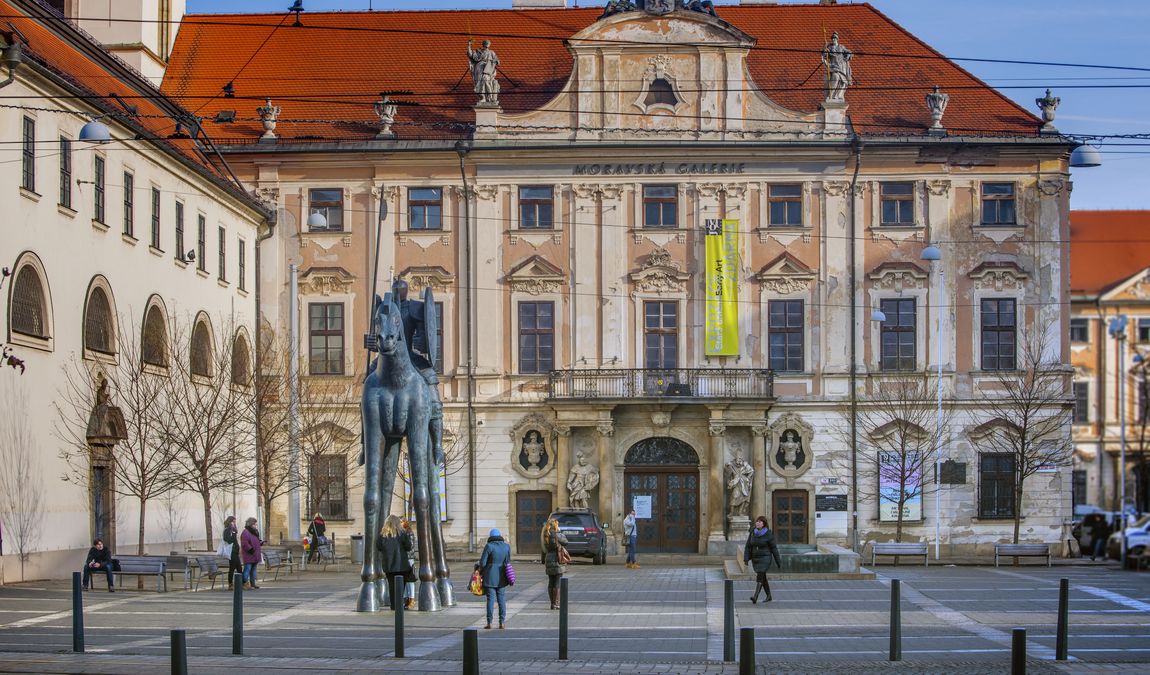 Photo: moravska-galerie.cz
Photo: moravska-galerie.cz
The Governor's Palace (Místodržitelský Palác), historic in its own right, encompasses a broad spectrum of artistic styles, ranging from Gothic to Baroque. It houses the art of the past, with fine collections of old masters that offer a visual journey through art history, perfect for educating and fascinating children with storied paintings and sculptures.
How Long Does It Take to Attend?
Planning a visit to the Moravian Gallery in Brno, one of the Czech Republic's cultural jewels, varies depending on visitors' engagement with art and which parts they decide to explore. It is spread across multiple locations with three main buildings in the heart of Brno, each demanding a unique allotment of time.
Pražák Palace: With its modern and contemporary collections, families may enjoy a stroll lasting approximately 1 to 1.5 hours.
Governor's Palace: Old master paintings and sculptures here typically merit a visit of around 1.5 to 2 hours, as there's more to stimulate curious minds.
Museum of Applied Arts: For those with a keen interest in design and craft, a tour can take a similar span of 1 to 1.5 hours.
They offer a thoughtful array of exhibits that are both enriching for adults and captivating for children. It's recommended that families allocate at least half a day to cover the main parts of the gallery comfortably without the rush, allowing for breaks and discussions.
To maximize the experience, check for any temporary exhibitions or children's programs that might extend the visit duration.
Adjusting for short attention spans, parents may focus on interactive exhibits or the most visually stimulating artworks to keep the entire family engaged, making their visit anywhere from 2 to 4 hours.
Best Time to Visit
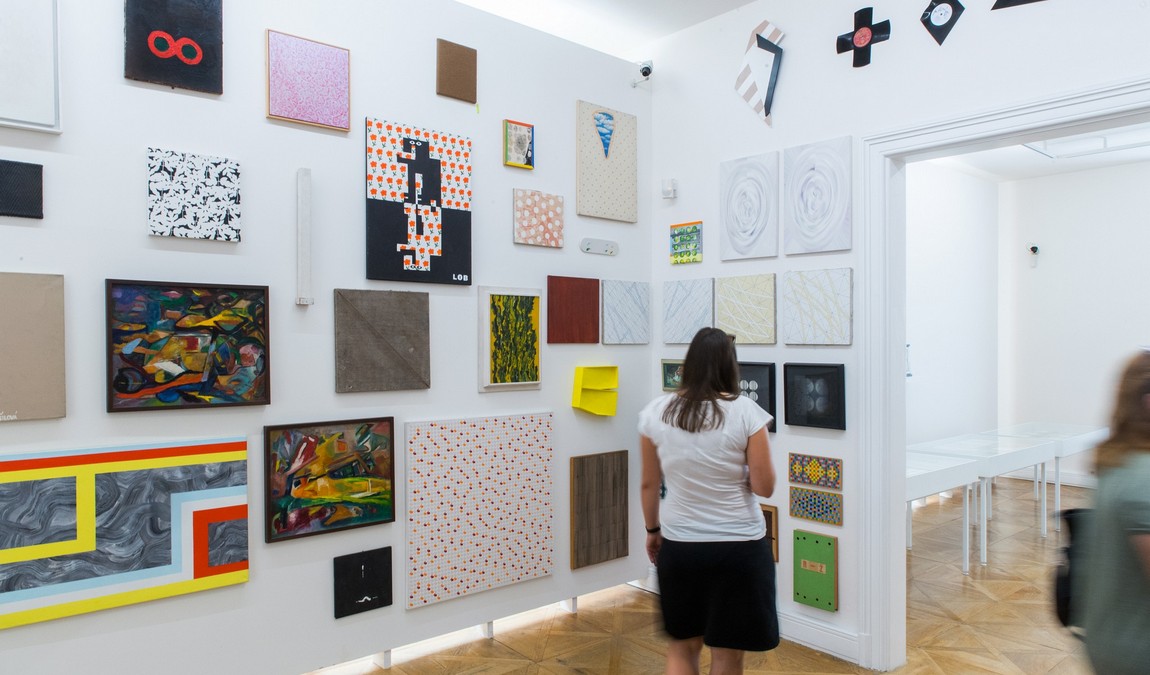
Photo: facebook.com/moravskagalerievbrne
Timing is critical for a pleasant experience with the little ones when planning a family outing. Brno's climate is welcoming year-round, but each season offers a unique atmosphere for your gallery visit.
Spring & Fall (March to May / September to November):
These transitional seasons boast mild weather, perfect for families seeking a comfortable day out without the extremities of summer heat or winter cold. The gallery's opening hours, typically from morning to evening, accommodate early risers and allow ample time for exploration.
- Weekdays (Tuesday to Friday):
- Avoid the weekend hustle with a quieter visit during the week, which is ideal for giving kids an unhurried experience.
- Mornings (10 AM to 12 PM):
- Fresh and alert, children enjoy and engage more with the exhibits in the morning.
Winter (December to February):
A visit during winter can be magical, with the festive season often bringing Christmas ice rinks and decorations in Brno, enhancing the cultural trip with yuletide charm. Indoor galleries provide a cozy refuge from the chill.
- Weekends:
- While busier, weekends during this season bring an animated spirit that can be memorable for families.
Summer (June to August):
If summer's your season, early mornings or late afternoons are prime to beat the heat and the crowds. Outdoor cafes near the gallery also become appealing spots to discuss the art seen and let the kids have a playful break.
For families with children, weekdays, specifically Tuesday to Friday, during spring or fall mornings, are the best times to visit the Moravian Gallery. It's less crowded, the weather is agreeable, and little ones are typically more attentive, making the cultural experience enlightening and enjoyable.
Is Moravian Gallery Worth Visiting?
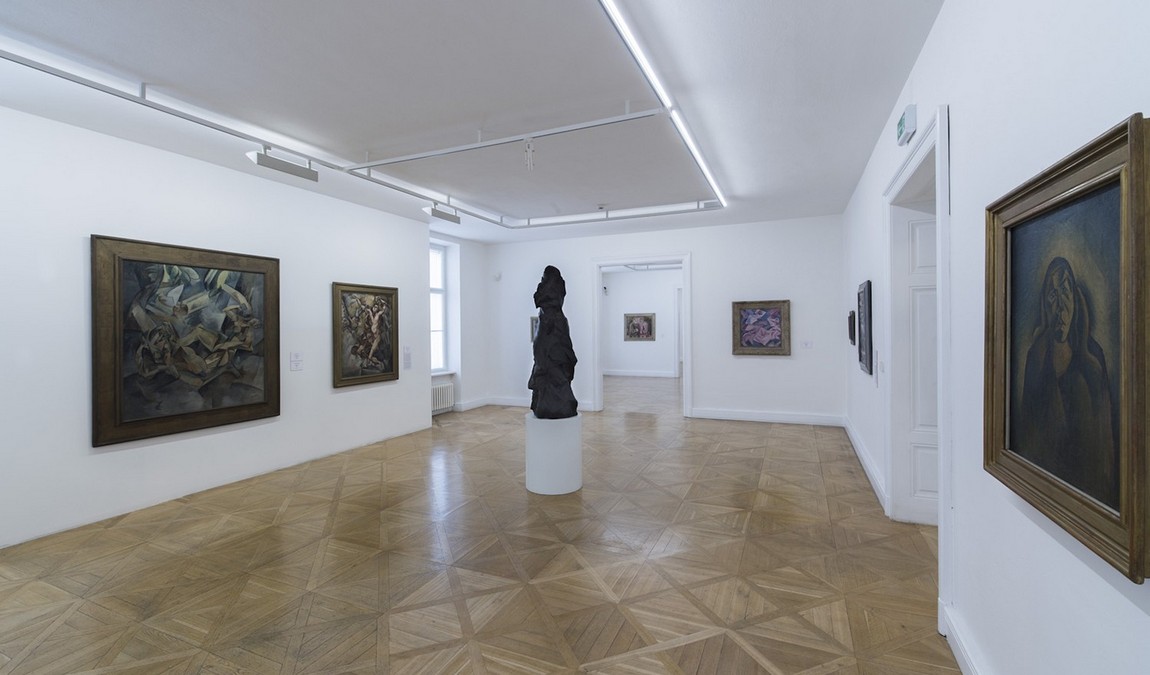 Photo: moravska-galerie.cz
Photo: moravska-galerie.cz
The Moravian Gallery should be on your itinerary when planning a family trip to Brno. As the second-largest art museum in the Czech Republic, its rich collections offer a journey through the region's cultural heritage that is educational and enjoyable for visitors of all ages.
Exhibits: The gallery boasts an array of permanent and temporary exhibitions. Families can discover everything from ancient to modern art, ensuring that there's something to spark the interest of every family member.
Educational Programs: They are known for their commitment to education, providing engaging programs for children. Interactive elements make art approachable and fascinating for younger visitors, fostering an early appreciation for the arts.
Accessibility: With several buildings in the heart of Brno, the gallery is easily accessible. A short stroll from the city center leads to a world of art exploration, perfect for families looking to enrich their travel experience.
Relaxation: After immersing oneself in art, the surrounding area invites you to relax in its calm atmosphere. It makes for a pleasant wrap-up to an inspiring visit.
Moravian Gallery is worth visiting for its solid mix of artistic displays, educational value, and family-friendly amenities. Whether your family has budding artists or young historians, they will find aspects of the Gallery to love.
The reasons to visit the Moravian Gallery extend beyond just the artworks on the walls; it's an opportunity to bond as a family over shared experiences and discoveries in a welcoming environment.


